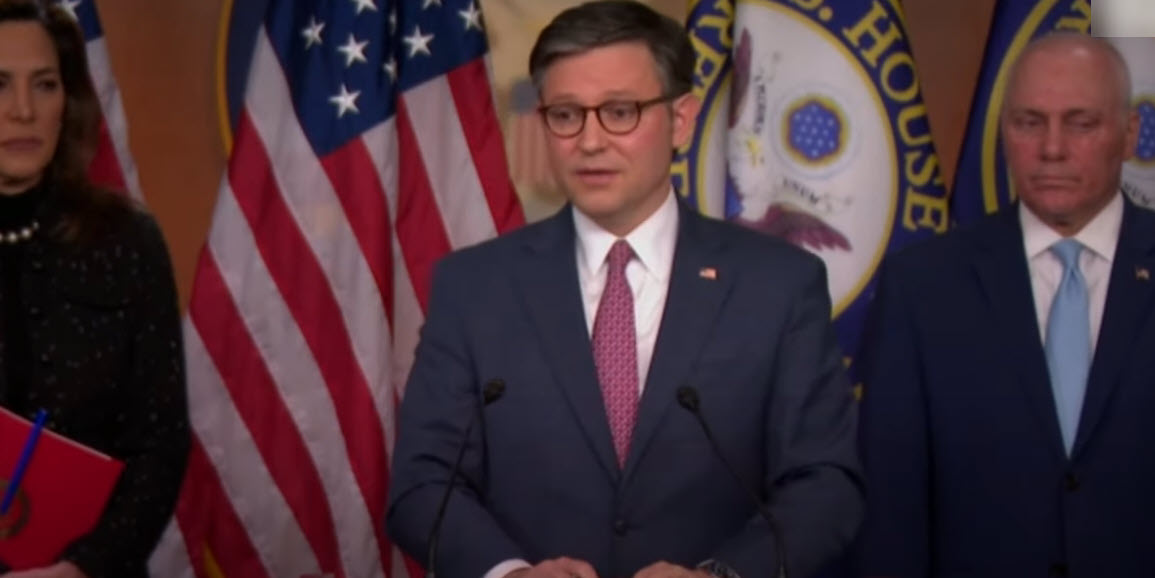The halls of the House of Representatives echo with tension as Speaker Mike Johnson confronts challenges to his leadership, particularly from Georgia Republican Marjorie Taylor Greene. The latest developments highlight a brewing storm over funding bills, Ukraine aid, and potential motions to vacate Johnson’s position.
Johnson, in a staunch defense of his leadership style, emphasized the potential chaos that would ensue if efforts were made to remove him as Speaker. The catalyst for this upheaval stems from Greene’s dissatisfaction with Johnson’s support for crucial funding bills aimed at preventing a government shutdown. Greene’s discontent also extends to Johnson’s advocacy for increased aid to Ukraine amidst its conflict with Russia.
While Greene has signaled her intent to push for a floor vote on Johnson’s removal, the outcome remains uncertain. The delicate balance of power in the House, where every vote counts, adds complexity to the situation.
In a bid to address concerns, Johnson met with Greene, acknowledging her grievances but standing firm on his decisions. The meeting, however, did little to bridge the divide between the two, leaving unresolved tensions in its wake.
Greene’s opposition to Johnson’s priorities reflects broader debates within the Republican Party, particularly concerning spending measures and foreign policy priorities. The clash underscores ideological differences and the challenges faced by leadership in navigating internal dissent.
As the standoff continues, Greene’s threats of motion to vacate and conservative demands for policy concessions signal ongoing rifts within Republican ranks. The outcome of this power struggle could have significant implications for legislative agendas and party dynamics moving forward.



